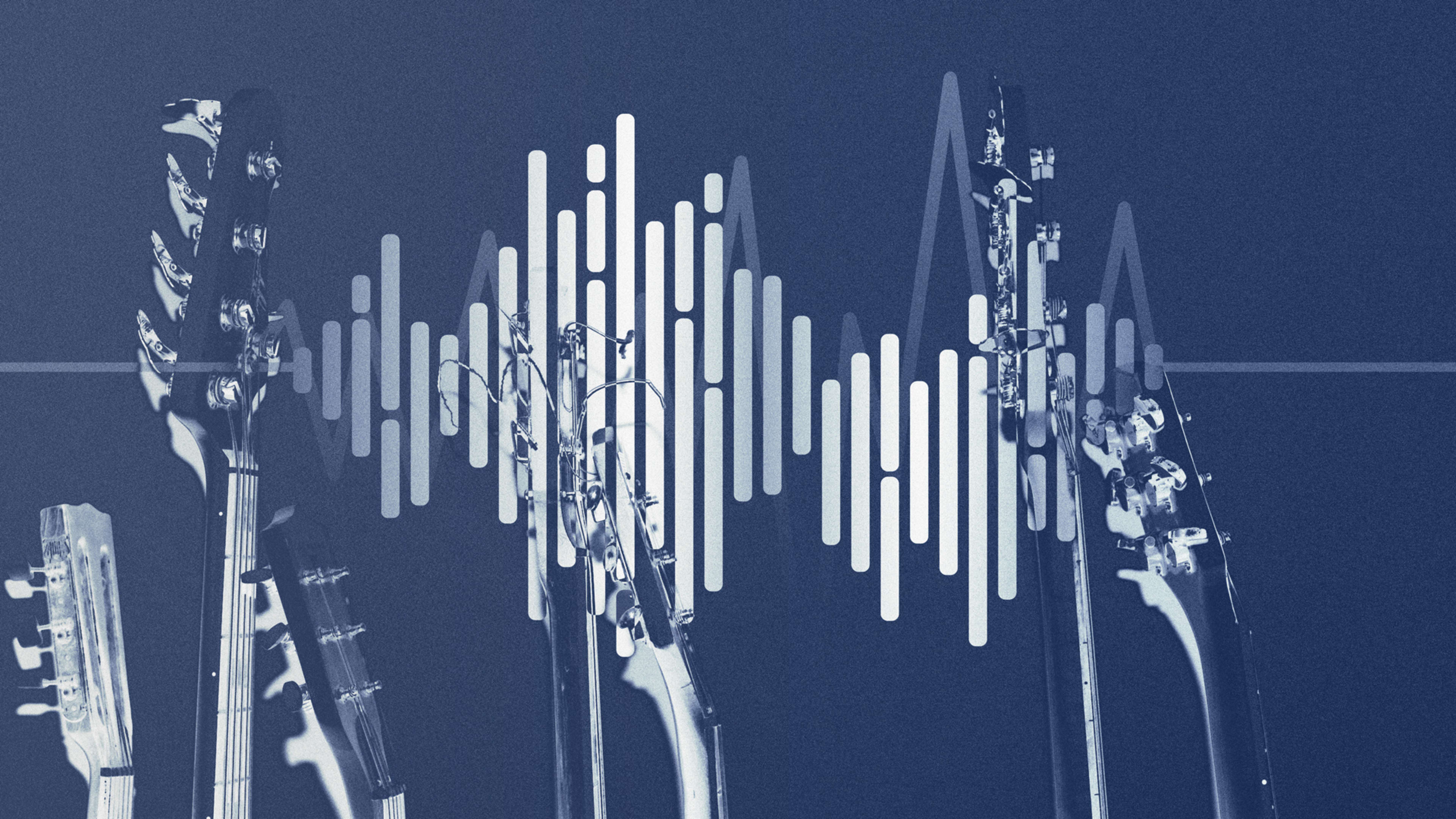As an investor and former entrepreneur and technology executive, I have witnessed firsthand the transformative power of AI in many industries—but none excites me more than music. That’s because in a past life, I toured the world as a musician, from Mexico City to Siberia. I also had the privilege of composing and producing music for renowned figures such as Oliver Stone, Disney, and Interscope.
During this time, I spent countless hours writing melodies, crafting lyrics, experimenting with different instrumentations, refining compositions, and collaborating and playing music with other musicians. Now, with the perspectives of a musician, technologist, and investor, I believe generative AI can transform music for the better—just as many technologies have before—if the industry embraces it.
Two technological shake-ups in two decades
It’s important first to recognize the apprehension about generative AI within the music industry, which is known for being simultaneously antiquated and progressive. Having had no time to recover from the disruption caused by the advent of streaming services, the industry is now contending with the ubiquity of generative AI, which raises new concerns such as voice clones, the obsolescence of human artists, and a new host of copyright issues.
We are seeing a swift and forceful response from the music community. Universal Music Group recently pressured major streaming platforms to block AI services from scraping melodies and lyrics from their copyrighted songs and remixing them without permission. Ice Cube has declared AI “demonic” for its unsanctioned use of artists’ songs and vocals to create new music, while AI impersonating top artists is already making its way onto the airwaves.
Generative AI is a tool, not a replacement, for musicians
These concerns are valid and represent the complexities that arise when new technologies disrupt long-standing industries. However, as a musician who cut my teeth in the 90’s Detroit techno scene, I’m inclined to view generative AI as a tool rather than a replacement. When synthesizers emerged in the 1970s, many traditional acoustic instrument-playing musicians wrote them off as non-musical. In the ’80s, samplers were similarly criticized for supposedly “copying” music and not creating it.
We now know that these electronic music devices turned out to be some of the most powerful creative tools ever invented, unlocking entire genres of music like hip hop and EDM. They were ultimately accepted and embraced, expanding the creative possibilities for musicians.
AI has already been present in music for some time, though we have only recently begun to see the ramifications of generative AI’s exponential growth. In the mid-2010s, Grammy-winning producer Alex da Kid worked with IBM’s Watson to write a chart-hitting single, “Not Easy,” featuring Wiz Khalifa, Elle King, and Sam Harris. The computer analyzed information culled from songs featured on top Billboard charts and social media to create an “emotional temperature,” which helped Alex select the style of the song (“heartbreak”). Then he used Watson BEAT’s music generation algorithms to offer up the musical pieces.
Today, not only can AI algorithms analyze vast musical datasets, identify patterns, and suggest new musical ideas; they can also automate time-consuming tasks such as transcribing melodies or generating chord progressions, freeing up artists to focus on higher-level creative decisions.
Music technologist and AI researcher Rebecca Fiebrink argues that AI can provide valuable insights and inspire artists by suggesting new melodies, harmonies, or rhythms that they might not have considered otherwise. AI can also facilitate virtual collaborations, enabling artists to work together seamlessly across geographical boundaries, exchanging ideas and building upon each other’s contributions. I recently learned about SoundStorm, an AI-driven music collaboration platform that connects artists from all over the world.
AI brings opportunity for creative breakthroughs
If I put on my investor hat, I can’t ignore the immense market opportunity for AI in the music industry. The AI music market is projected to reach $2.6 billion by 2032, indicating a growing acceptance and adoption of AI technologies in the music domain.
Recently, Warner Music Group (WMG) invested in LifeScore, a startup that creates music adapted to the tastes of the listener through AI. This partnership demonstrates how music labels like WMG are not only responding to the emergence of AI but also actively seeking to harness its potential to drive creative breakthroughs and adapt to changing consumer preferences. Startups like Amper Music and Jukedeck are leveraging AI algorithms to help artists generate original and royalty-free music.
This movement is complex, and there are challenges ahead. Copyright and royalty issues will arise as AI-generated music blurs the lines between originality and derivation. Additionally, regulations must be established to ensure fair compensation for artists and protect their creative rights. Nevertheless, generative AI is already disrupting the legal industry, and it may very well contribute to solving these challenges. For example, OpenAI’s plagiarism checker demonstrates how AI can assist in maintaining artistic integrity and respecting copyright boundaries.
With the right approach, AI has the potential to transform music, enriching our cultural landscape and introducing us to new and extraordinary sonic experiences. It opens doors to unexplored territories and sparks collaborations between human and machine creativity that knows no bounds.
Scott Beechuk is a partner at Norwest Venture Partners and former professional musician and composer.
Recognize your brand’s excellence by applying to this year’s Brands That Matter Awards before the early-rate deadline, May 3.
